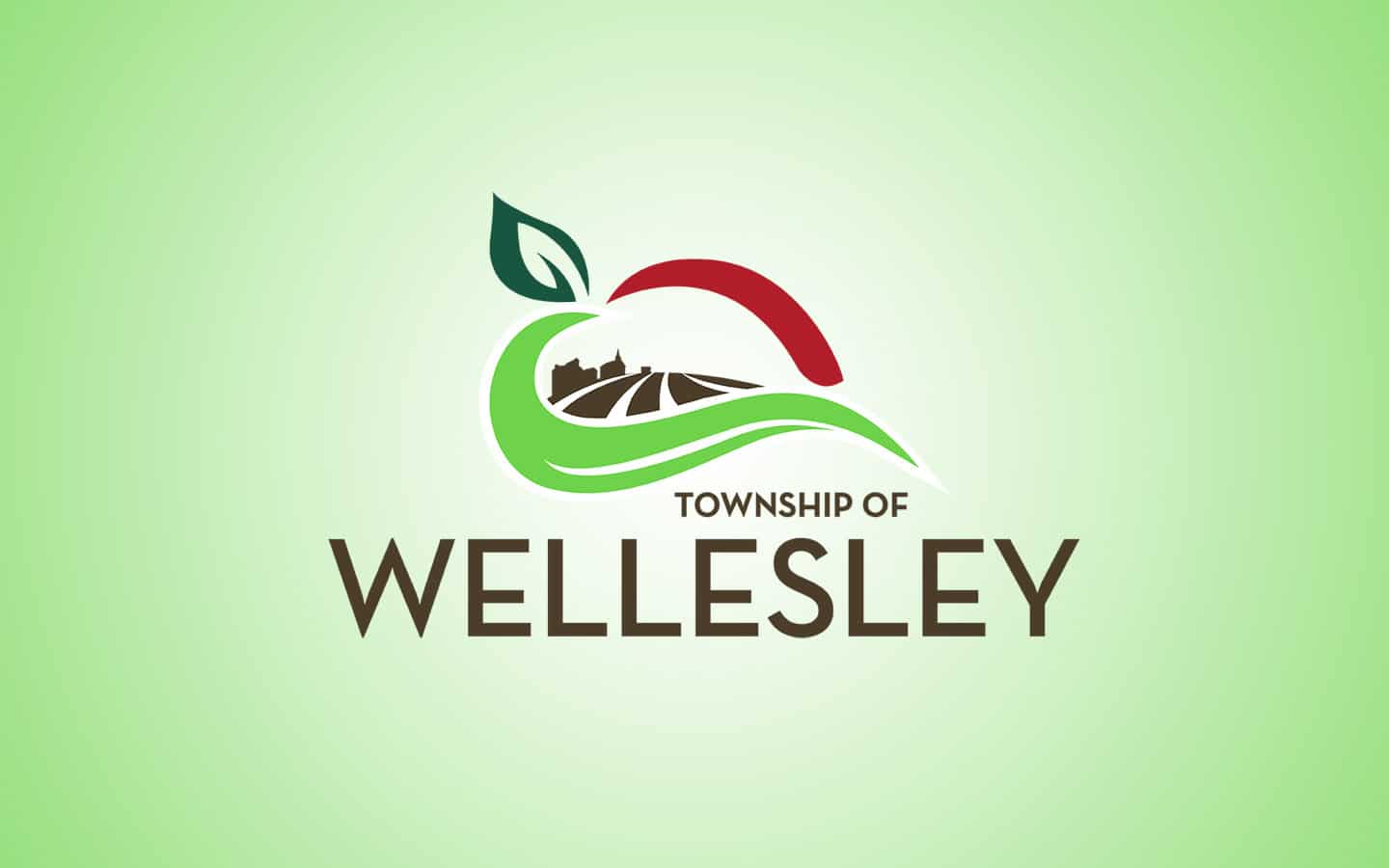;
;
;
Next Article
Council defers decision on bid to construct triplex

Remember when Canada used to be considered “the north”? I guess we still are when it comes to basketball and world geography. But climate change is taking hold. For farming, we’re no longer the cold climate anomaly we used to be. Back in the 1960s and 1970s, our area in particular pioneered cold tol
Last updated on May 03, 23
Posted on Sep 03, 20
2 min read
